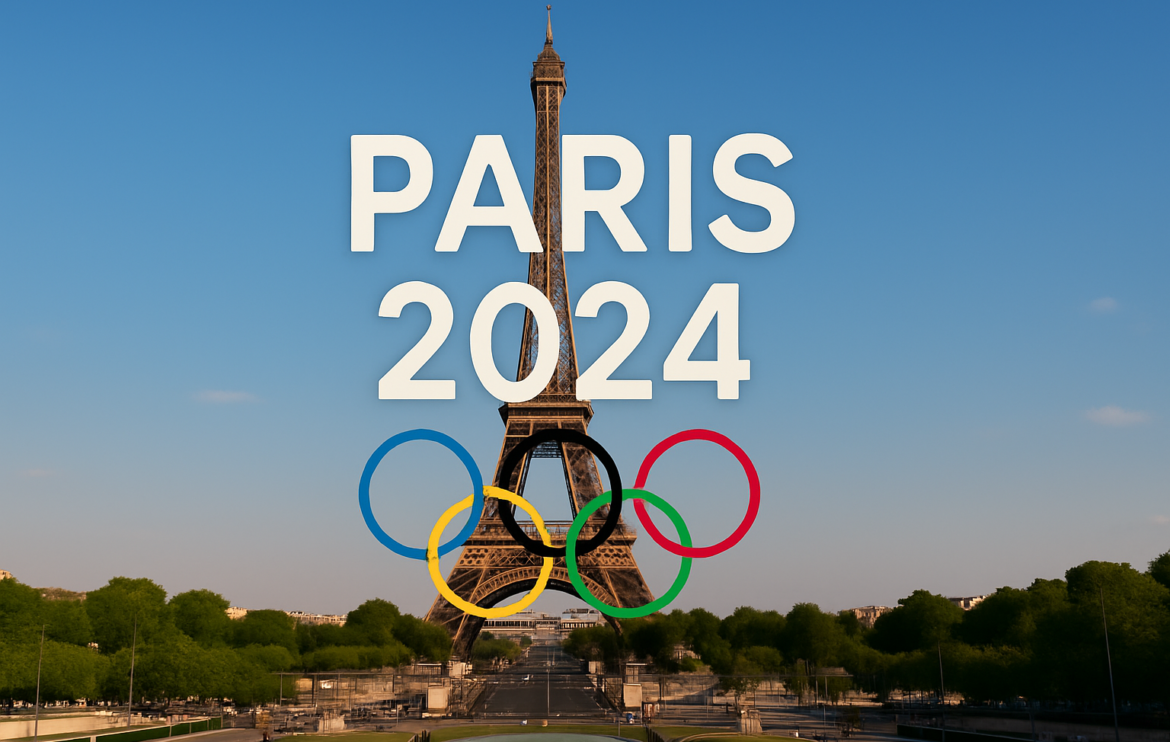The Olympic Games have a rich history that spans 2,700 years and dates back to 776 BC when the first recorded Olympic Games took place in Olympia, Greece. In 1892, the Games captured the imagination of the whole world when Pierre de Coubertin founded the International Olympic Committee (IOC) thus ushering in the beginning of the modern Olympic Games with the first edition hosted at Athens Greece in 1896.
Since then the Olympic Games has gone on to establish itself as the biggest sporting event on the planet but its significance has gone beyond the glory of winning laurels in sporting events. It has now become a platform for fostering global unity, celebrating the best of human achievement in sports, promoting global peace, cultural exchange, and International cooperation.
Apart from the above-listed benefits, the Olympic Games also attract a lot of tourists to the host cities which translates to economic revenue for them. The Americans were the first to realize the full economic potential of the Olympic Games with their commercialization of the 1984 Los Angeles Olympics through the introduction of corporate sponsorships, licensing the use of the Olympic logo/mascot, TV rights, merchandising of T-shirts, hats, and souvenirs, branding of venues and commercial advertising.
The commercialization of the 1984 Los Angeles Olympics was so successful that it generated surplus revenues of $225 million after discounting all expenses and the surplus revenue was channelled towards supporting youth sports programs and other Olympic initiatives. The commercial model of the Los Angeles Olympics has since been adopted by subsequent hosts of the Olympics games with continued growth in commercial revenues being recorded since then.
The commercialization model of the Olympics was so successful that the Chinese government invested over $40 billion in sponsoring the Beijing Olympics in 2008 and was still able to make a commercial success of the event through increased revenues from ticket sales, TV broadcasting rights, increased tourism during and after the Games, a significant increase in economic growth and many legacy infrastructure benefits.
Despite the success of the commercial model, host cities/countries still continued to bear a substantial part of the cost of hosting which is normally recovered from tourism revenues during and after the Games. However, by 2024 the commercial model had become so successful that almost all (96%) of the budget to organize the Paris Olympics came from the private sector with the 4% of public funding channelled towards funding the Paralympic aspect of the Games.
Even though only about 4% of the 4.38 billion Euros used to finance the Paris Olympics was from public funds, the economic benefit to the Paris region is estimated to be between 6.7 billion Euros and 11.1 billion Euros. This impact is attributed to tourism, construction, logistics, and other organizational expenses for the Games. The tourism-related economic impact is estimated at between 1.4 billion Euros and 3.5 billion Euros, while nearly 181,000 jobs were created in various sectors to support the successful organizing and hosting of the games.
Overall, the Olympics brought substantial economic benefits to France, with a projected growth of up to 0.3% to GDP in the third quarter of the year. This is apart from the increased tax revenues that will be generated by the government at various levels owing to increased expenditures before and during the Olympics and also the prospects of Paris becoming a more popular tourist destination as a result of the exposure it got from hosting the Olympics.
In 2028 the Olympic Games will be returning to the city of Angels (Los Angeles) where the commercialization of the games began in 1984 and we can be rest assured that the Americans will do their best to make it a commercial success but it remains to be seen if they can use it to transform the economy of the city like the Chinese government did with the hosting of the Beijing Olympics in 2008. Kudos to the city of Paris on the successful hosting of the 2024 Games.
Oshobi, a management consultant, development economist, and author writes from Lagos, Nigeria.

